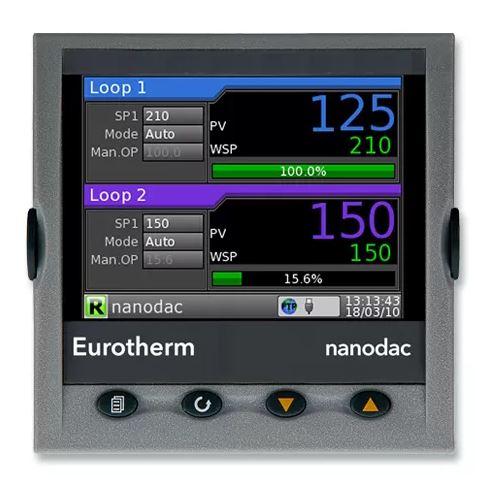Internet connectivity through fiber-optic networks has become the first-rate standard for blazing-fast and reliable data transmission for both households and businesses. Though still quite new compared to cable technology, there are visible advantages of fiber Internet.
A fiber optic Internet connection can boost your bandwidth, security, and speed, making it a no-brainer method to upgrade internet technology at your homes and offices. Here are some of the primary reasons why people are switching from cable internet to fiber internet:
Offers Better Performance & Higher Productivity
Regional issues and weather changes can affect performance and productivity of cable broadband connections. For this reason, most people perceive it as an unreliable service.
However, with a fiber internet connection, you do not have to worry in the event of severe weather conditions or cable problems. If you run your own business, you can even transfer your IT services to the cloud and enjoy cost-savings.
Provides Powerful Signal
In cable broadband, the strength of signals depends on proximity — computers, mobile phones, and other devices that are present away from the switch will get weak or unreliable signals, compared to equipment that is in close proximity.
Whereas with a fiber internet connection, you get to benefit from powerful signals even at a greater distance, resulting in fewer connectivity problems.
Delivers Reliable Service
Cable Internet providers deliver connection via copper wiring, which is just not as well-built as fiber-optic cables. This means there are multiple factors that can result in outages. Harsh weather conditions, temperature fluctuations, and moisture can all give rise to connectivity issues. Worn, shabby, and old copper cable also poses a fire hazard as it carries an electric current.
A fiber-optic connection is resistant to various human interferences that affect cables since you have to physically cut fiber connections to intervene, making it more reliable and less vulnerable.
Establishes Secure Connection
In an age of increased concern towards cybersecurity, fiber-optic is considered a cost-effective strategy to instantly boost your Internet security. As you cannot stand in the way of fiber-optic cable without cutting into its line, this broadband type is way more secure than cable internet. Malicious attackers, hackers, and data thieves can easily interfere with cable internet connections. Hence, switching to fiber-optic will result in increased security for your home and business.
Increases Bandwidth Potential
Investing in fiber technology can significantly boost your bandwidth potential. Copper wire infrastructure was originally developed for sending voice calls only as the bandwidth demand was not quite high — so cable technology is limited in nature.
Ethernet over Copper or EoC service is generally unavailable if the length of the circuit is more than 15,000 feet. For people looking for transferring voice communication to Voice over Internet Protocol (VoIP), using fiber optic internet to deliver bandwidth can be an essential asset.
Offers Blazing-Fast Upload & Download Speed
Is the speed difference between fiber optic and cable internet clearly visible? Absolutely!
Many fiber optic users can send data at a speed of 1 GB per second. That is way too faster than the FCC definition of broadband service — which provides 3 Mbps of upload and 25 Mbps of download speeds on average.
Also, you can download an HD movie in just 8 seconds over fiber while it may take around 22 minutes through a cable network. With that said, the traditional concept of waiting until everything fully loads is very soon going to become a thing of the past only.
Travels through Greater Distance
The signal coming from cable Internet devalues as it is carried from the central office (CO). Fiber-optic technology was initially used for long-haul communications and cell phone towers located in remote regions utilize fiber cable to establish a connection between towers and networks. In fact, some types of fiber connections can travel up to 25 miles.
Most households may not require such strong network but business owners need to invest in this latest technology to ensure signal quality does not get affected.
Does Not Depends on Cable Size
There is a direct relation between cable internet speeds and the weight of the cable used. For this reason, people who want to get higher speeds must invest in a better cable, which demands more space as well. Whereas, fiber speed does not depend on its size and it is way lighter than cable. Hence, it is less demanding in terms of space and is easier to use as well.
Bottom Line
While everyone’s technological needs may vary drastically, the benefits of fiber-optic Internet make it a great choice for most households and businesses. If you have finally made up your mind to switch to fiber technology, ask yourself “is fiber internet available in my area?” If the answer is yes, then there is nothing that could stop you from enjoying a high-speed and reliable internet connection. Good luck!


